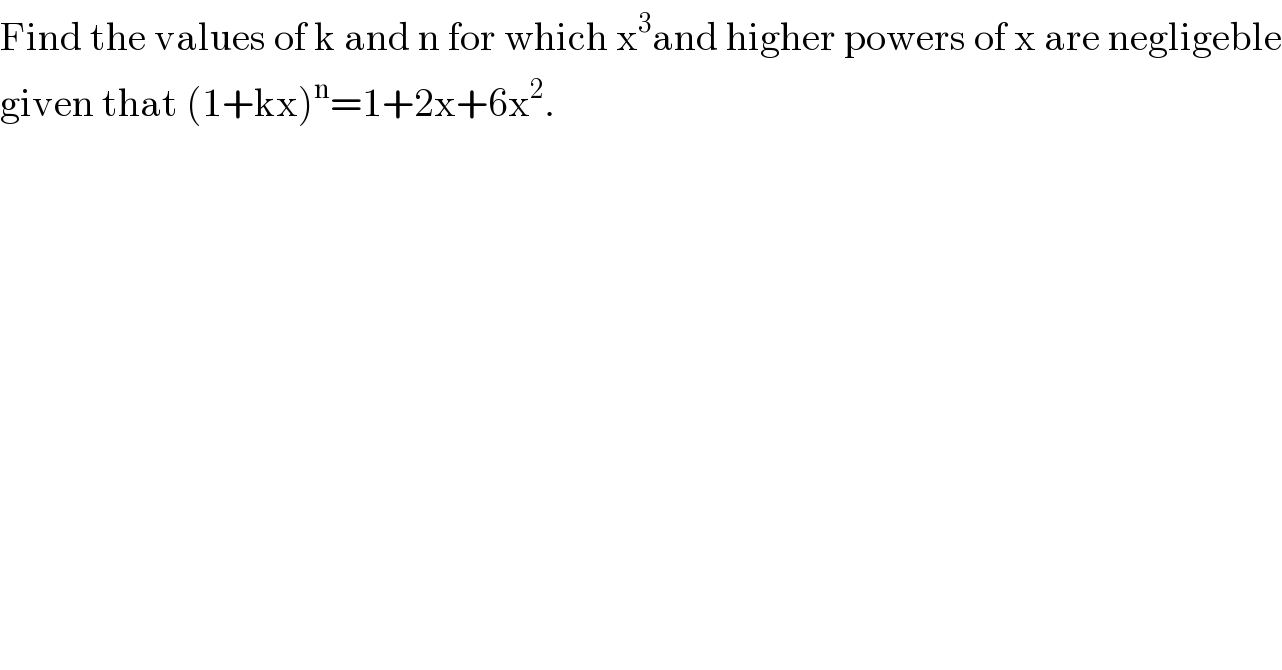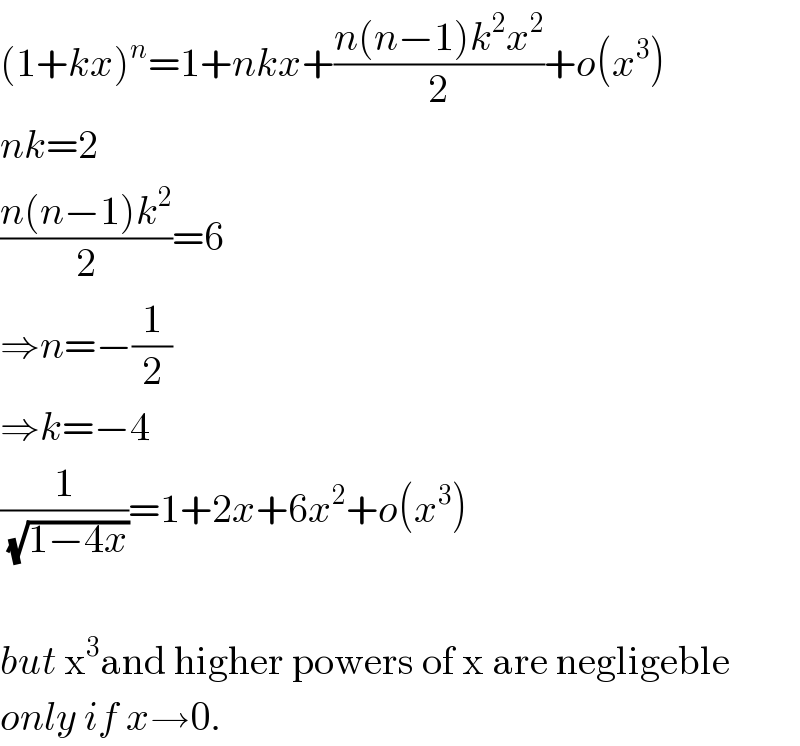
Question and Answers Forum
Question Number 78332 by Lontum Hans last updated on 16/Jan/20

Commented by mr W last updated on 16/Jan/20

Commented by mr W last updated on 16/Jan/20

| ||
Question and Answers Forum | ||
Question Number 78332 by Lontum Hans last updated on 16/Jan/20 | ||
 | ||
Commented by mr W last updated on 16/Jan/20 | ||
 | ||
Commented by mr W last updated on 16/Jan/20 | ||
 | ||